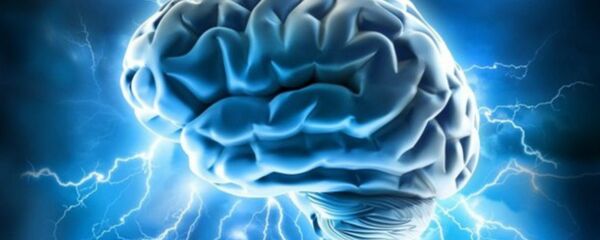According to WebMD, the study found that those who received psychotherapy-centered care and family support as well as smaller doses of antipsychotic drugs showed greater recovery over their first two years of treatment than those who received the standard pharmaceutical-centered care. Moreover, those who underwent therapy in the course of the first 74 weeks after being diagnosed with schizophrenia felt "substantially better" than those who started such treatment later, the authors of the paper pointed out.
The National Institute of Mental Health-funded US study, which began in 2009, involved 400 people between the ages of 15 and 40 at 34 community care clinics in 21 US States.
In countries like Australia and the United Kingdom, the early intervention psychotherapy-centered strategy is “becoming the standard of care”, according to the Huffington Post, which blames US underperformance on "its patchwork insurance system and history of underfunding mental health care." Presumably, one could argue that an additional factor is the advertising power of the big-name pharmaceutical companies which produce antipsychotic medication.
"The United States is really a decade behind the rest of the world in doing what we already know works," Vinod Srihari, a professor of psychiatry at the Yale School of Medicine told the Washington Post.
According to MentalHelp.com, schizophrenia affects about one percent of the world’s population. According to schizophrenia.com, 6% of schizophrenics are homeless, another 6% are in prisons, 5-6% live in hospitals, 10% live in nursing homes and 20% live in supervised housing, such as group homes. In the United States, approximately 200,000 individuals with schizophrenia or manic-depressive illness are homeless, constituting one-third of the country's homeless population of approximately 600,000, according to data from the US Department of Health and Human Services.





